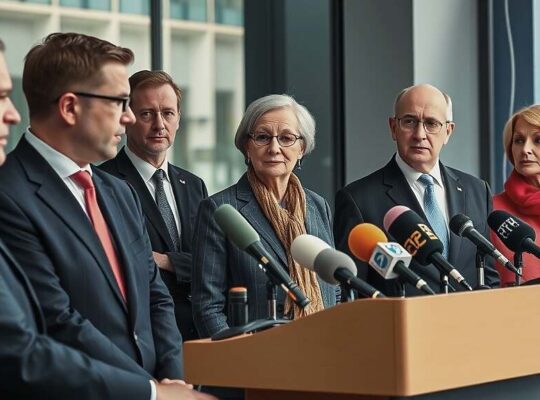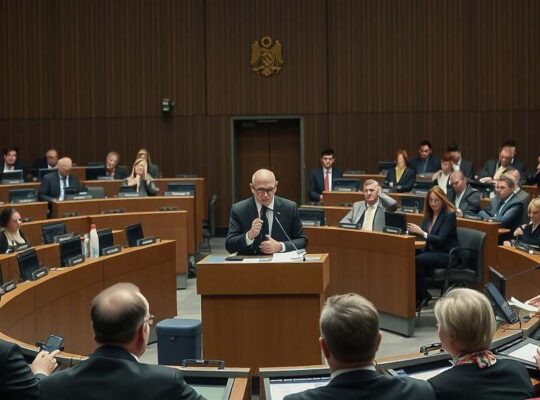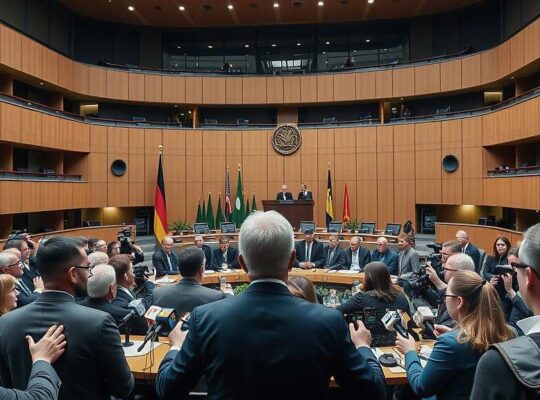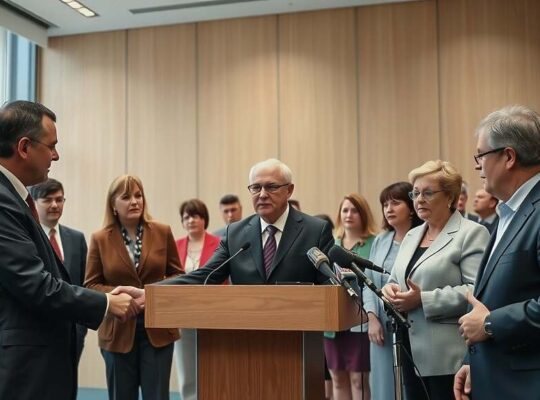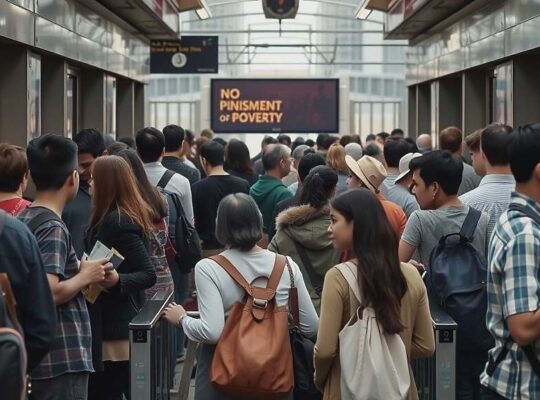The German Social Democratic Party (SPD) is signaling a potential shift in approach to securing the future of the nation’s statutory pension system, proposing a controversial combination of expanded contributions and investment of state funds in capital markets. SPD General Secretary Tim Klüssendorf’s recent comments to the Funke-Mediengruppe newspapers highlight a growing urgency within the governing coalition surrounding the looming pension crisis.
Klüssendorf’s proposal for state-managed investment of capital market gains into the pension fund represents a significant departure from traditional funding models, potentially opening the door to greater financial risk alongside the possibility of increased revenue. This initiative comes alongside calls for broadening the base of contributors, a measure that would necessitate mandatory participation from groups historically excluded, including self-employed professionals like doctors and architects, as well as politicians and civil servants themselves. The proposal’s fairness is already attracting scrutiny, raising questions about the potential for disproportionate burden on specific income brackets.
The remarks underscore the deep divisions within the coalition government regarding the necessary reforms. While the Pension Commission is tasked with delivering assessments by the end of 2026, Klüssendorf emphasized the imperative of enacting comprehensive reforms well before the next federal election. Pushing the issue to the subsequent legislative term is considered unacceptable, highlighting the politically charged nature of the situation.
Klüssendorf firmly rejected proposals for both reducing the level of pension benefits and raising the retirement age. He described maintaining the current pension level as a “crucial question of fairness” impacting millions of Germans relying on it and characterized raising the retirement age as a de facto pension cut that the SPD would actively prevent. The commitment reflects a strong internal pressure to safeguard retiree security amid anxieties about maintaining economic viability.
Beyond pension reform, Klüssendorf advocated for the consolidation of social benefits, arguing that the current system has become overly complex and burdensome for both administrators and recipients. Simplifying and merging social assistance programs is presented as a key factor in cost savings and ensuring the long-term stability of the social state, potentially triggering debate about the impact on vulnerable populations and the streamlining process itself. The scope and execution of such a large-scale integration remain largely undefined, raising concerns about potential negative consequences.
The proposals signal a new era of politically fraught decision-making regarding Germany’s vital social safety nets, reflecting the pressures of economic realities and the looming threat of a demographic crisis.



